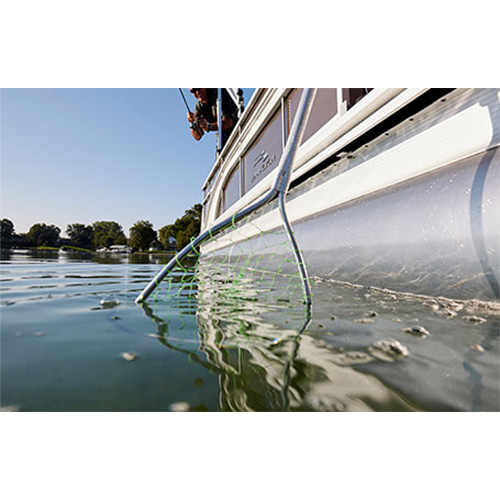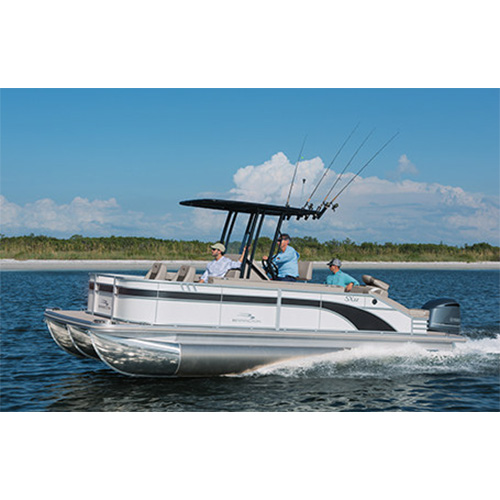
Emergency Safety Kits For Your Pontoon Boat
An emergency safety kit is essential for every boat. Unlike land-based accidents, it can take emergency personnel longer to reach you on the water because there are fewer emergency responders available.
Depending on how far away you are from shore, you may have to keep an injured person stable for half an hour or more, as compared to a few minutes if the accident had occurred in a highly populated area on land. Keeping a stocked first aid kit on your pontoon boat can greatly reduce the consequences of injury and also treat minor wounds and illness.
First Aid Storage on Your Boat
Boats are made for the water, but it’s not just the water that can seep into the supplies of an emergency kit. Humidity is another factor to consider when waterproofing your marine first aid kit.
Choose supplies for your kit that are sealed in plastic wrap and get a waterproof container in which to store the supplies. The box should have a water-tight seal to prevent water and humidity from entering. Also consider buying supplies that are individually wrapped, or buy in bulk and place items in individually sealed plastic bags yourself. This allows you to open only the supplies that are needed and not risk getting others wet.
Also remember to periodically check your first aid kit and its contents for damage and expiration dates. Replace items as necessary.
Components of a Marine First Aid Kit
Although you can purchase a pre-packaged marine first aid kit, compiling one of your own is a good skill to have. Some common components:
- Antiseptics
- Antibiotic ointments
- Medications
- Gloves
- Tweezers
- Scissors
- Bandages
Antiseptics are used to clean your hands and infected areas. Alcohol hand wipes, antiseptic towelettes and iodine pads are good choices. Antibiotic ointment and aloe vera gel treat cuts and burns. Some common medications to have on hand are painkillers such as ibuprofen, acetaminophen and aspirin. An antihistamine and motion sickness tablets are also helpful medications.
Non-latex gloves can be used when blood loss occurs to protect from infections. Tweezers remove splinters and insect stingers. A pair of sturdy medical scissors is useful for cutting bandages or dressings. Keep adhesive bandages of different shapes and sizes, gauze pads, butterfly closures, and an elastic bandage for sprains.
Keep your first aid kit well stocked so you can spend more time enjoying your pontoon boat and less time worrying about injuries.












